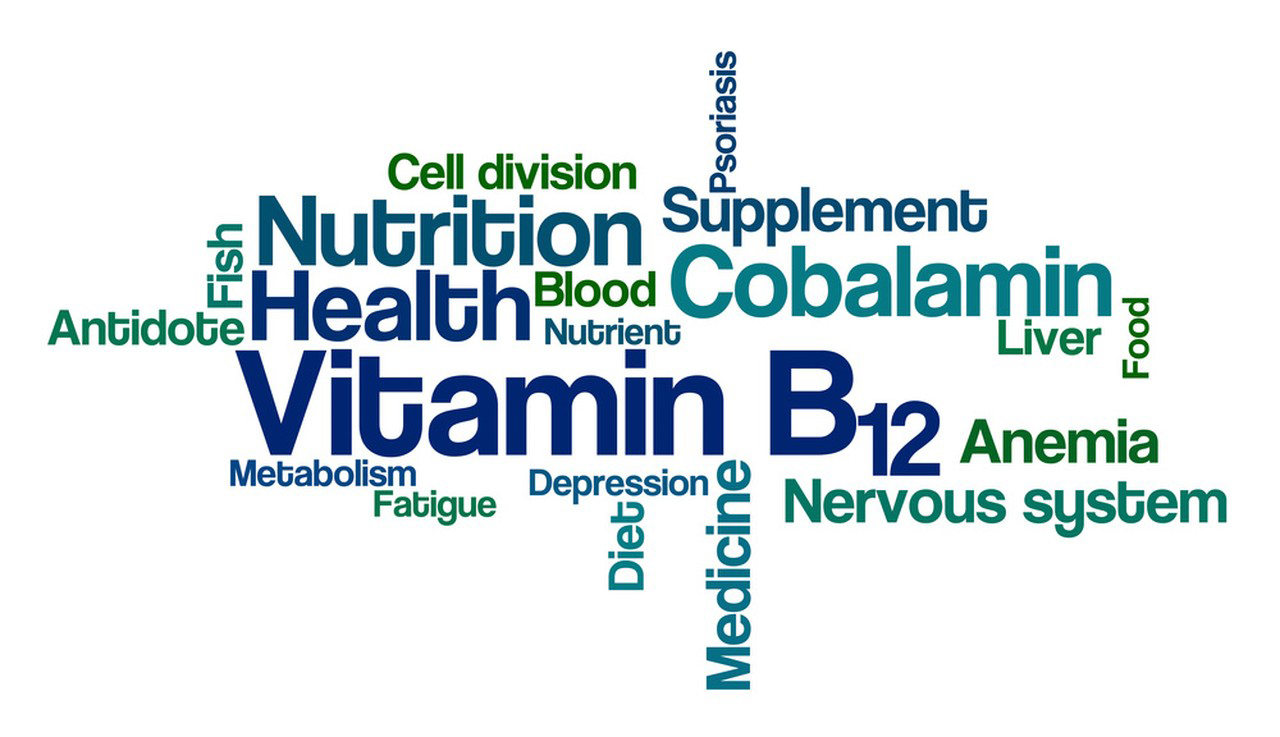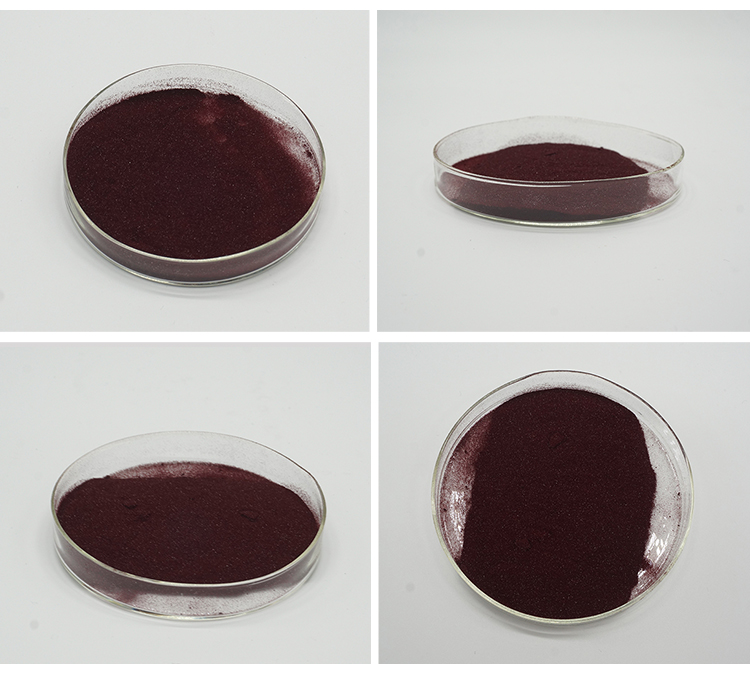Mecobalamin (also known as methylcobalamin) is a form of vitamin B12 that is used in the treatment of various conditions, primarily those related to vitamin B12 deficiency. Its efficacy and function can be summarized as follows:
Functions of Mecobalamin:
1.Nerve Regeneration and Repair:
Mecobalamin plays a critical role in the maintenance of healthy nerve cells. It is essential for the synthesis of myelin, the protective sheath that covers nerve fibers, thereby facilitating efficient nerve signal transmission.
It has been shown to support nerve regeneration and repair, making it beneficial in conditions like peripheral neuropathy.
2.Red Blood Cell Formation:
Like other forms of vitamin B12, mecobalamin is crucial for the production of red blood cells. It helps prevent megaloblastic anemia, a condition characterized by the production of abnormally large and dysfunctional red blood cells.
3.DNA Synthesis and Cell Division:
Mecobalamin is involved in DNA synthesis and cellular division, processes essential for the growth and maintenance of healthy tissues.
4.Methylation Processes:
It acts as a cofactor in methylation reactions, which are vital for numerous biochemical processes, including the regulation of gene expression, detoxification, and neurotransmitter synthesis.

Efficacy of Mecobalamin:
1.Treatment of Peripheral Neuropathy:
Clinical studies have shown that mecobalamin can improve symptoms of diabetic neuropathy and other forms of peripheral nerve damage by promoting nerve regeneration and reducing nerve pain.
2.Management of Vitamin B12 Deficiency:
Mecobalamin is effective in correcting vitamin B12 deficiency, which can lead to symptoms such as fatigue, weakness, constipation, loss of appetite, and weight loss. Severe deficiency can cause neurological changes like numbness and tingling in the hands and feet.
3.Improvement in Cognitive Function:
Adequate levels of vitamin B12 are associated with better cognitive function. Mecobalamin supplementation may help improve memory and mental clarity, especially in individuals with a deficiency.
4.Support in Certain Anemia Treatments:
Mecobalamin is used to treat megaloblastic anemia resulting from vitamin B12 deficiency, leading to improved blood health and increased energy levels.
Administration and Dosage:
Mecobalamin is available in various forms, including oral tablets, sublingual tablets, and injectable solutions. The mode of administration can depend on the severity of the deficiency and the patient’s overall health.
Typical dosages vary, but for treating vitamin B12 deficiency, a common dose is 500 mcg to 2000 mcg per day, depending on the individual’s needs and the form of mecobalamin used.

Safety and Side Effects:
Mecobalamin is generally well-tolerated, with a low risk of toxicity. However, some people may experience side effects such as headache, nausea, vomiting, diarrhea, or skin rash.
It is considered safe for most people when taken at recommended dosages, but individuals with certain health conditions or those on specific medications should consult with a healthcare provider before starting supplementation.
In conclusion, mecobalamin is an effective and essential form of vitamin B12 that plays a vital role in nerve health, red blood cell formation, DNA synthesis, and overall cellular health. Its supplementation can be particularly beneficial for individuals with vitamin B12 deficiency or conditions affecting nerve function.
